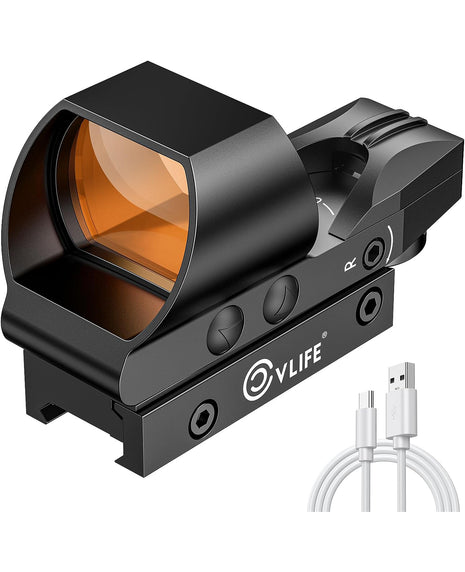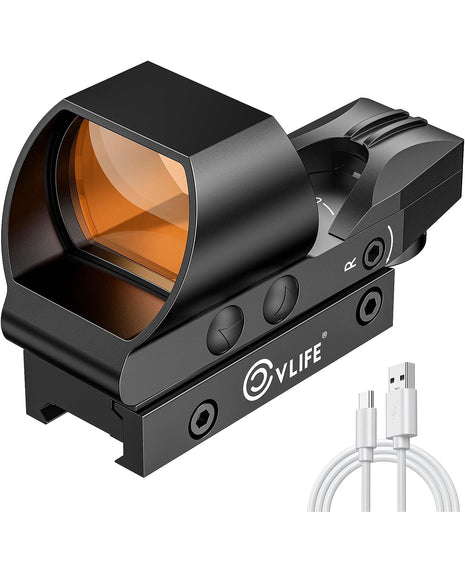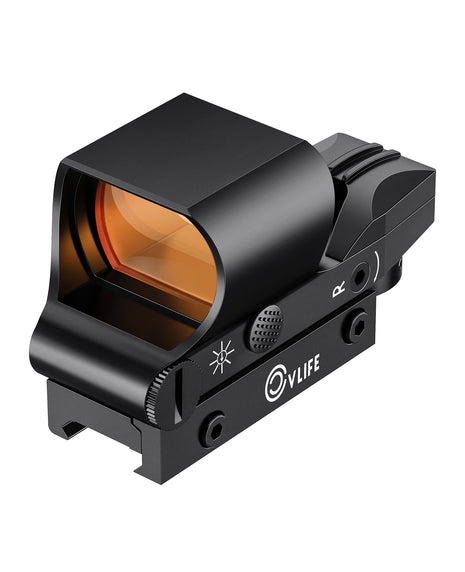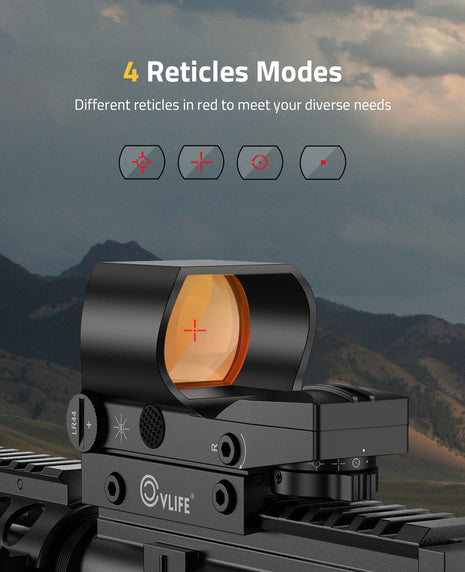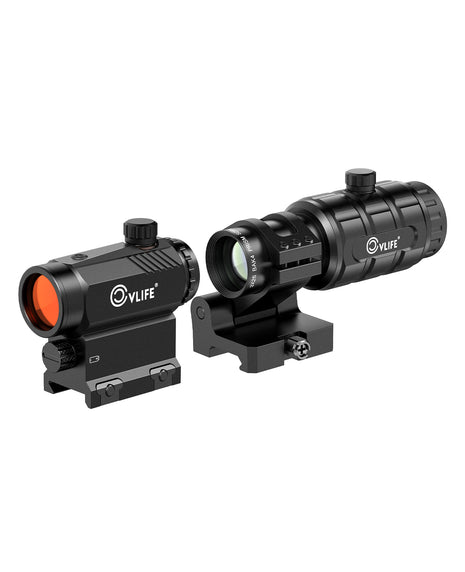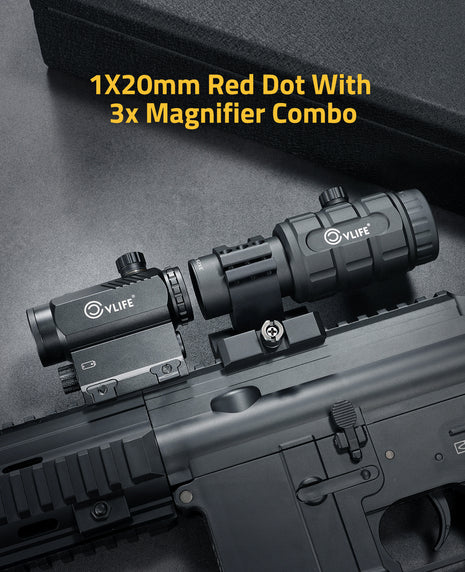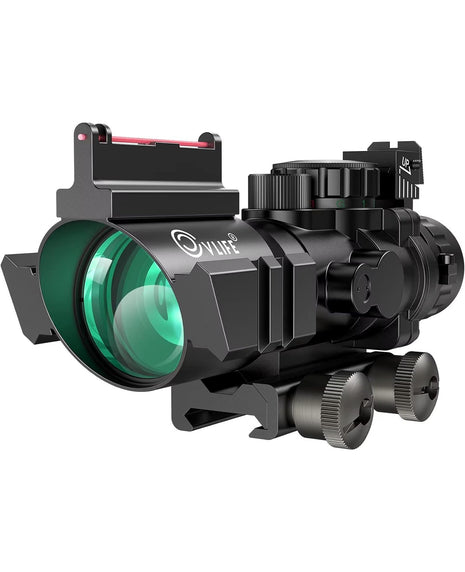Miras para rifles FFP vs SFP: La guía completa de comparación 🔍
- 13 min tiempo de lectura
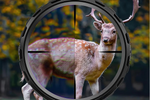
Al buscar la mira telescópica perfecta, una de las decisiones más críticas que enfrentarás es elegir entre un óptico de Primer Plano Focal (FFP) y Segundo Plano Focal (SFP). Esta guía completa explicará las diferencias, ventajas y casos de uso ideales para cada tipo, ayudándote a tomar una decisión informada para tus necesidades de caza, tácticas o tiro de precisión.
🔍 Definición rápida: La diferencia clave entre las miras FFP y SFP es la colocación de la retícula en relación con las lentes de aumento. Esta colocación afecta cómo aparece la retícula en diferentes niveles de aumento.
Ver nuestras miras recomendadas →
Ópticas de Primer Plano Focal (FFP)
Las ópticas de Primer Plano Focal tienen el retículo colocado delante del conjunto de lentes de magnificación. Esto significa que el tamaño del retículo cambia proporcionalmente al ajustar la magnificación.

Ventajas de las ópticas FFP ✅
- La estimación de distancia y los puntos de compensación permanecen precisos en todos los niveles de magnificación
- Ideal para disparos de largo alcance y aplicaciones tácticas
- Perfecto para retículos compensados por caída balística (BDC)
- Excelente para disparar a distancias desconocidas
Desventajas de las ópticas FFP ❌
- El retículo puede volverse muy pequeño en los ajustes de magnificación más bajos
- Normalmente más caras que sus contrapartes SFP
- Los retículos más gruesos pueden ocultar objetivos pequeños a largas distancias
💡 Consejo de experto: Las ópticas FFP son especialmente valiosas en situaciones donde puede que necesites disparar a diferentes distancias rápidamente, ya que los puntos de compensación permanecen consistentes sin importar la magnificación.
Ópticas de Segundo Plano Focal (SFP)
Las ópticas de Segundo Plano Focal tienen el retículo colocado detrás del conjunto de lentes de magnificación. Esto significa que el tamaño del retículo permanece constante independientemente del nivel de magnificación.

Ventajas de las ópticas SFP ✅
- El retículo permanece visible y usable en todos los niveles de magnificación
- Generalmente más asequibles que las opciones FFP
- Los retículos más delgados permiten una puntería más precisa a alta magnificación
- Excelente para aplicaciones de caza donde los disparos son a distancias conocidas
Desventajas de los visores SFP ❌
- Las mediciones de distancia y sostenimiento solo son precisas en una magnificacion específica (usualmente la máxima)
- No es ideal para disparos a larga distancia donde se necesitan sostenimientos precisos en diferentes magnificaciones
- Puede causar errores si el tirador olvida usar la magnificacion correcta para la precisión de la retícula
💡 Consejo de experto: Los visores SFP son excelentes para escenarios de caza donde normalmente tienes tiempo para ajustar la magnificacion a una configuración específica antes de disparar.
FFP vs SFP: Tabla de comparación detallada
| Característica / Escenario | FFP | SFP |
|---|---|---|
| Visibilidad de la retícula a baja magnificacion | ❌ Pobre | ✅ Excelente |
| Visibilidad de la retícula a alta magnificacion | ✅ Excelente | ✅ Excellent |
| Medición precisa a todas las magnificaciones | ✅ Sí | ❌ No (solo en una magnificación específica) |
| Sostenimientos consistentes en todas las magnificaciones | ✅ Sí | ❌ No |
| Punto de precio | ⚠️ Usualmente más alto | ✅ Más asequible |
| Disparo de precisión a larga distancia | ✅ Ideal | ⚠️ Limitado |
| Caza (ciervo, alce, caza mayor) | ✅ Excelente | ✅ Excellent |
| Aplicaciones tácticas / AR-15 | ✅ Ideal | ✅ Bueno |
| Facilidad para principiantes | ⚠️ Elección avanzada | ✅ Muy amigable |
Cómo elegir: FFP o SFP según sus necesidades
Elija FFP si:
- Realiza disparos a larga distancia (más de 500 yardas)
- Participa en competiciones tácticas o aplicaciones militares/LE
- Necesita hacer estimaciones rápidas de distancia en distancias desconocidas
- Dispara frecuentemente a niveles de aumento variables
Elija SFP si:
- Principalmente cazas a distancias conocidas
- Tienes un presupuesto más ajustado
- Prefieres un tamaño de retículo consistente sin importar el aumento
- Eres nuevo en visores para rifles
- Normalmente tienes tiempo para ajustar tu aumento antes de disparar
🎯 Criterios clave para la selección:
- Uso principal: ¿Caza, tiro al blanco o táctico?
- Distancia de disparo: ¿Corta, media o larga distancia?
- Necesidades del retículo: ¿Mira simple o BDC/mil-dot?
- Presupuesto: ¿Cuánto estás dispuesto a invertir?
- Nivel de experiencia: ¿Principiante o tirador avanzado?
Mitos comunes y consejos de expertos
Mito #1: Los visores SFP siempre son mejores para la caza
Aunque los visores SFP son excelentes para muchos escenarios de caza, los visores FFP ofrecen ventajas claras en situaciones donde el objetivo puede aparecer a distancias inesperadas, requiriendo estimación rápida de rango y compensación.
Mito #2: Los visores FFP son solo para disparos a larga distancia
Los visores FFP sobresalen a larga distancia, pero también son valiosos en escenarios de rango medio donde se requieren ajustes rápidos. Su versatilidad los hace adecuados para diversas aplicaciones más allá de la precisión a largo alcance.
Consejo de experto: Considera tu escenario típico de disparo
Si normalmente disparas a una distancia fija o tienes tiempo para ajustar correctamente tu aumento, un visor SFP te servirá bien. Si necesitas flexibilidad para distancias desconocidas o cambios rápidos de aumento, invierte en un visor FFP.
Consejo de experto: No pases por alto la calidad del vidrio
Independientemente de la elección entre FFP o SFP, la calidad óptica debe ser tu máxima prioridad. Una imagen clara, brillante y con buena resolución es más importante que las consideraciones sobre el plano focal.
Preguntas Frecuentes (FAQ)
Los visores FFP tienen una curva de aprendizaje más pronunciada en comparación con los SFP, pero no son inadecuados para principiantes. Si es nuevo en el tiro pero planea dedicarse al disparo de precisión a larga distancia, comenzar con un visor FFP puede ayudarle a aprender técnicas adecuadas desde el principio. Sin embargo, si recién comienza en la caza o el tiro recreativo, un visor SFP podría ser más fácil para empezar.
Sí, los visores SFP pueden usarse para disparos a larga distancia, pero con limitaciones. Las marcas de la retícula (mil-dot o BDC) solo son precisas a un aumento específico (generalmente el máximo). Esto significa que siempre debe usar ese aumento para compensaciones precisas o estimación de rango, lo que puede ser limitante en situaciones de disparo dinámicas. Para trabajos dedicados a larga distancia donde podría necesitar usar diferentes niveles de aumento, generalmente se prefiere FFP.
BDC significa Compensador de Caída de Bala. Una retícula BDC tiene puntos de mira adicionales debajo de la cruz central que corresponden a la caída de la bala a distancias específicas. Esto permite a los tiradores apuntar más alto para disparos largos sin ajustar manualmente las torretas de elevación. Las retículas BDC son más efectivas en visores FFP porque los puntos de compensación permanecen precisos en todos los niveles de aumento.
Tradicionalmente, los visores FFP tenían un precio significativamente más alto que los modelos SFP debido a procesos de fabricación más complejos. Sin embargo, con los avances tecnológicos y la mayor competencia, la brecha de precios se ha reducido considerablemente. Aunque los visores FFP generalmente siguen costando más que los modelos SFP comparables, ahora hay opciones asequibles disponibles en ambas categorías de marcas como CVLIFE.
Tanto los visores FFP como SFP pueden funcionar bien en plataformas AR-15, dependiendo de su uso previsto. Para aplicaciones tácticas de corto a medio alcance donde la velocidad es crucial, a menudo se prefiere un óptico variable de baja potencia (LPVO) SFP. Para disparos de precisión a larga distancia con un AR-15, un visor FFP podría ser más apropiado. Considere sus distancias típicas de compromiso y estilo de disparo al elegir.
Visores CVLIFE recomendados
Opciones de visor FFP
Visor para rifle BearPower 3-18x50 FFP
Ideal para disparos de precisión a larga distancia con su diseño de primer plano focal y retícula iluminada.

Características:
- Aumento de 3-18x
- Lente objetivo de 50mm
- Retícula MIL iluminada
- Impermeable y antivaho
Mira telescópica EagleBlaze 5-30x56 FFP para rifle
Mira excepcional para largo alcance con alto rango de aumento y ingeniería de precisión.

Características:
- Aumento de 5-30x
- Lente objetiva de 56mm
- Sistema óptico avanzado
- Construcción duradera
Mira telescópica EagleBlaze 5-25x56 FFP para rifle
Mira de precisión versátil adecuada tanto para caza como para tiro a larga distancia.

Características:
- Aumento de 5-25x
- Lente objetiva de 56mm
- Lentes multicapa
- Amplio campo de visión
Opciones de mira SFP
Mira EagleFeather 1-10x24 LPVO
Óptica variable de baja potencia versátil, perfecta para plataformas AR-15 y disparos de corto a medio alcance.

Características:
- Aumento de 1-10x
- Lente objetivo de 24mm
- Incluye montaje cantiléver
- Ideal para aplicaciones tácticas
Visor LPVO 1-4x24/1-6x24 con montura cantilever
Óptica excelente para aplicaciones AR-15 y de caza con rango de aumento versátil.

Características:
- Aumento de 1-6x
- Lente objetivo de 24mm
- Incluye montura
- Opción económica
Visor EagleFeather 4-16x50 AO para rifle
Excelente visor de caza todo terreno con objetivo ajustable para corrección de paralaje.

Características:
- Aumento de 4-16x
- Lente objetivo de 50mm
- Objetivo ajustable
- Ópticas multicapa
Conclusión: Tomando la decisión correcta
Elegir entre FFP y SFP depende en última instancia de tus necesidades específicas de disparo, presupuesto y nivel de experiencia. Los visores FFP ofrecen una flexibilidad inigualable para disparos a larga distancia y tácticos, mientras que los visores SFP brindan un excelente rendimiento para caza y uso general a un precio más accesible. Independientemente de tu elección, CVLIFE ofrece opciones de calidad en ambas categorías para satisfacer tus necesidades.
🎯 Recomendación final: Si priorizas la precisión a larga distancia y la flexibilidad táctica, elige FFP. Si necesitas un visor versátil y fácil de usar para caza y disparos generales, elige SFP.
Etiquetas
Comentarios
-
Thank you for the information, Howir
Featured collection
Blog posts
-

, por C V When a Red Dot Isn’t Enough: The Case for a 3X Magnifier Combo
-

, por C V Reseña del Visor Nocturno Inteligente BearMight: ¿Vale la Pena?
-

, por C V Mejor mira para AR-15 por menos de $100 — Esta no se suponía que fuera tan buena
-

, por ZW CVLIFE Errores principales con ópticas para AR-15 que los cazadores aún cometen

